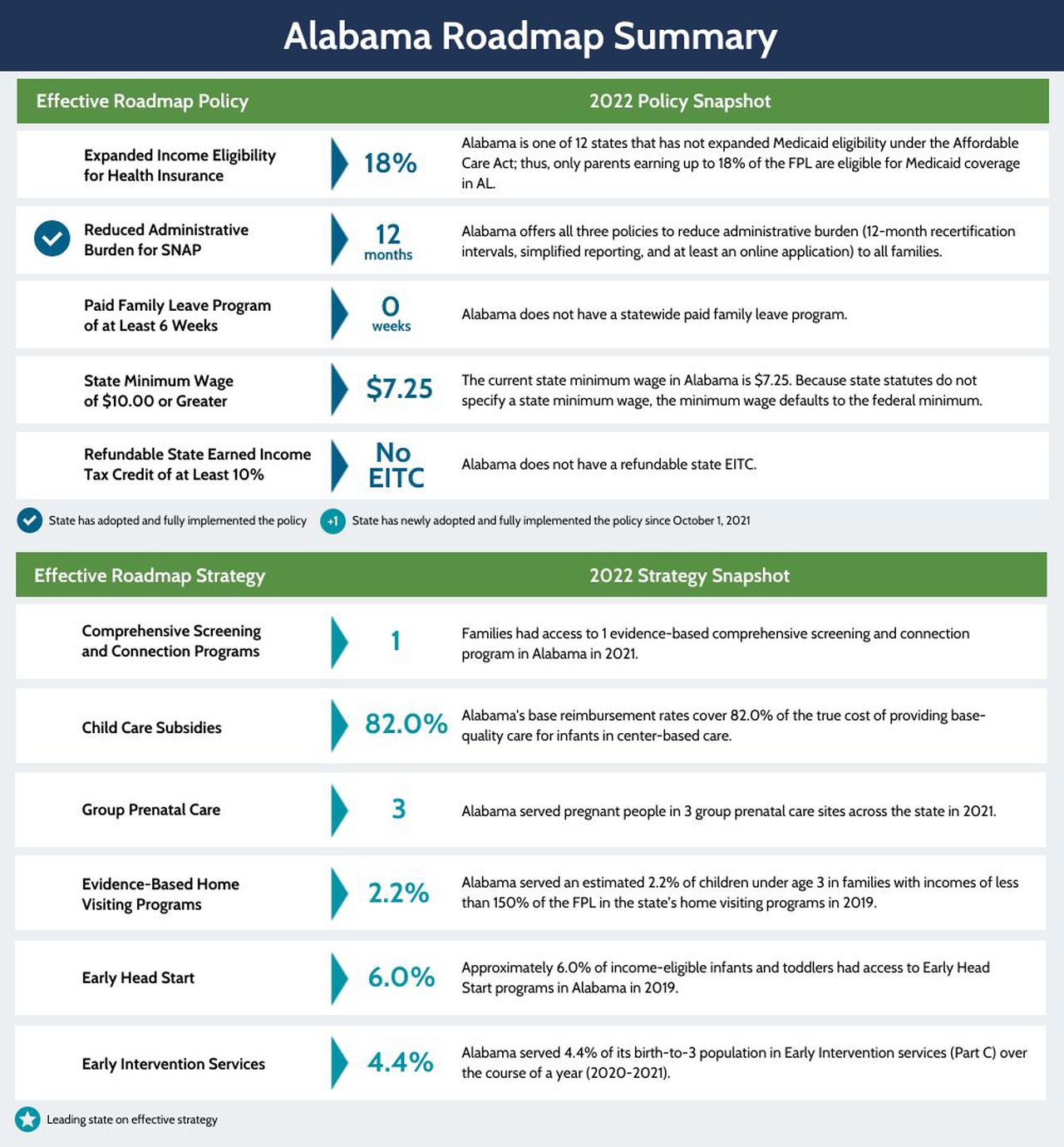Alabama parents can’t find childcare. What policies could help?
Jessica Thomas was 14 weeks pregnant when she began applying to child care centers in Alabama. She applied to more than 20 facilities before receiving a slot.
“I moved to Birmingham 14 weeks pregnant, which if you know anything about the childcare here in Birmingham, that was too late for getting on a childcare list,” she said during a panel discussion at the Public Affairs Research Council of Alabama’s annual forum.
Parents across the state have struggled to find access to quality childcare — four in 10 children lack access to quality child care in the state, and rising costs increase access barriers for many families. Experts have suggested approaches like start-up grants and revolving door funds to increase access to child care facilities, along with tax incentives for businesses.
Cynthia Osborne, founder of the Prenatal-to-3 Policy Impact Center also suggested expanding child care subsidies and instituting earned income tax credits to ease financial burdens on parents.
Federal earned income tax credits are available to many working families, and typically offer about $2,400, according to federal estimates. Twenty-one states offer additional tax credits, which typically work out to about $250 — or a weeks’ worth of pay at minimum wage, according to the center.
“I applied to 20-plus daycare facilities within 30 minutes of my house. By the time my daughter was born and ready to go to a daycare facility, I got into one of those facilities. It wasn’t a conversation of which facility I wanted, or what I wanted in a facility, it was ‘Okay! I got into one; I can go to work and know my child is going to be cared for.’”
Parents Jessica Thomas (left) and LaVetta Harvell (right) share the struggles they experienced finding child care in Alabama at the Public Affairs Research Council of Alabama’s 2023 Annual Forum in Birmingham, Ala. March 10. Sarah Swetlik/AL.com
PARCA’s 2023 annual forum, titled “Who Cares About Childcare?” featured discussions from researchers, child care workers and parents, along with a keynote speech from Gov. Kay Ivey, in hopes of addressing the state’s child care struggles.
LaVetta Harvell, a parent who represented the group B’ham Eventful Moms, said she now works an overnight shift to be available to meet her children’s needs during the day.
“It’s kind of hard keeping a job where you put your child first: Do I get to stay and work to provide for my child or do I get to leave and come back and work a different day?” Harvell asked during the panel discussion. “Now I work overnight, because I have to compromise my childcare for my job. I would rather be at home overnight working, where I can be available for my child during the day. I would rather not work overnight, but in order for my child to be in a safe environment, for me to be able to get to them, I have to work overnight.”
According to the Bureau of Labor Statistics, parents in Alabama miss work for child care-related reasons at the highest rate in the nation.

A panel of parents and child care experts speak at the Public Affairs Research Council of Alabama’s 2023 annual forum in Birmingham, Ala. March 10. Sarah Swetlik/AL.com.
Cynthia Osborne, the founder and executive director of the national Prenatal-to-3 Policy Impact Center, said Alabama’s child care crisis can also cause the state economic harm.
She cited a report from the Council for a Strong America that used GDP data to calculate a $1.3 billion economic impact from the child care crisis in the state.
The report stated that across the U.S., 85% of primary caregivers surveyed said child care issues hurt their efforts or time commitment while at work, along with two-thirds of parents of infants and toddlers who reported being late for work or leaving early. In a nationwide survey, one quarter of caregivers reported being reprimanded at work, along with 26% of caregivers who said they quit because of child care issues and 23% who said they were fired, the report stated.
Osborne and her colleagues identified five policies and six strategies for Alabama to help reach its goals of affordable, quality child care options across the state (data from these lists comes from the Prenatal-to-3 Policy Impact Center Alabama Roadmap Summary).
The policies are:
- Expanded income eligibility for health insurance
- Currently, Alabama is one of 12 states that has not expanded Medicaid eligibility. Parents earning up to 18% of the federal poverty line are eligible for Medicaid coverage in Alabama.
- Reduced administrative burden for SNAP
- Alabama offers three policies: 12-month recertifications intervals, simplified reporting and online applications). This is the only recommended policy on this list that Alabama has enacted.
- Paid family leave program for at least six weeks
- Alabama does not have a statewide program for paid family leave
- State minimum wage of $10.00 or greater
- Alabama’s minimum wage is $7.25
- Refundable state earned income tax credit of at least 10%
- Alabama does not have an EITC
The recommended strategies are:
- Comprehensive screening and connection programs
- One such program existed in 2021
- Child care subsidies
- Alabama’s base reimbursement rates cover 82% of the true cost of providing care
- Group prenatal care
- Three group prenatal care sites served Alabamians in 2021
- Evidence-based home visiting programs
- Alabama’s home visiting programs served 2.2% of children under age three in families with income below the federal poverty line in 2021
- Early head start
- Around 6% of income eligible infants and toddlers had access to such programs in 2019
- Early intervention services
- From 2020-2021, Alabama served 4.4% of children under three with such programs
Parents like Harvell and Thomas have voiced concern over the state of child care in Alabama, along with community advocates and activists.
The state legislature is currently meeting for the 2023 session, though they will spend two weeks in a special session dedicated to allocating the remaining American Rescue Plan Act funds.

A chart from the Prental-to-3 Policy Impact Center shows recommended policies and strategies to strengthen child care access in Alabama. Courtesy of Prenatal-to-3 Policy Impact Center.
